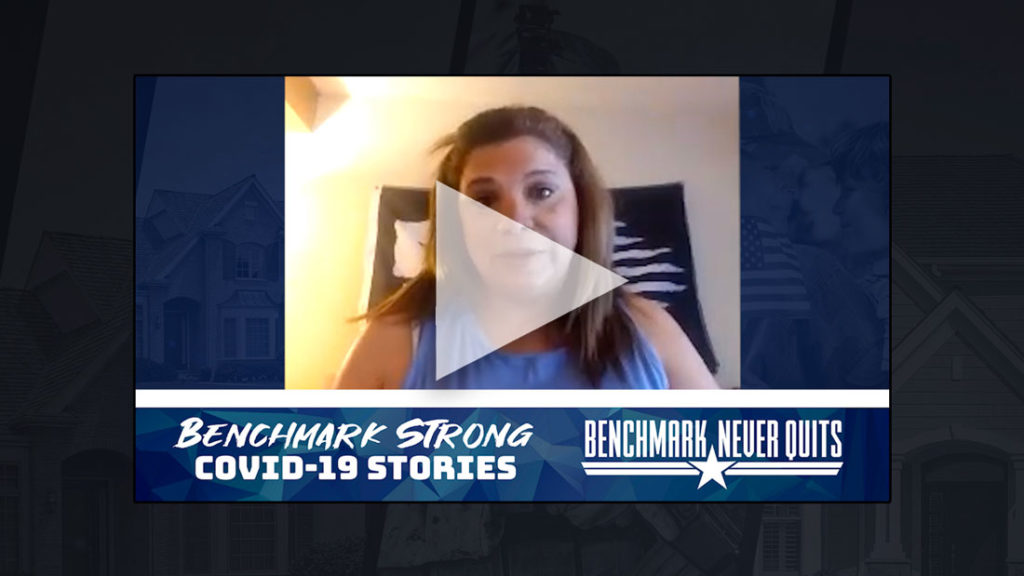Are rising mortgage interest rates enough to cool a heating market? Will housing inventory make a rebound? Your Spring 2021 update.


Are rising mortgage interest rates enough to cool a heating market? Will housing inventory make a rebound? Your Spring 2021 update.

Is Refinancing always a good idea? That depends on who you are, and what your reason is for refinancing. In this post, I give an example so you can make your own informed calculations.

Housing inventory is one of the factors that can dramatically affect the temperature of the real estate market. Less inventory means potentially more competition and higher prices. Whether you’re a buyer or currently in the seller market, this can determine your strategy. Like most investments or assets, housing inventory can fluctuate anytime. This is why …

An interest rate determines how much money must be paid in a mortgage payment. The higher the rate, the higher the interest payment. Do you agree that buying now really does mean buying more?

What do you do when you move away in process of buying a home during a worldwide pandemic, finding yourself in a hotel which you can't leave? Benchmark never quits.

Every day, we work hard to make sure that the "You" in our motto means everyone. We do not discriminate against any customer, and strive to provide a first-class mortgage experience for all.
Racism has no place in our society, and Benchmark is committed to providing equal access to everyone who desires the American dream of home ownership.

If you rent, you probably have good reasons. I bet that “paying my landlord’s mortgage”, “noisy neighbors”, or other caveats aren’t among them. Look, we know that owning isn’t right for everyone. As much as we write about why owning a home is better than renting, there are legitimate reasons for choosing to rent. For …

Have you told yourself that you’re too _____ to buy a home? The blank could be almost anything. Whether you think you’re too broke, too poor, or your credit score is too low, are you allowing an invisible script to prevent you from attaining your dream of owning your own home? Just a side note: …

Active duty service members move every 3 years on average. For military families, frequent relocation can create added stress, as you have to find new housing, coordinate the logistics of a move, and establish new roots in an unfamiliar place. At Benchmark, we want to help alleviate some of that stress, and help ensure a …
The current market is not the same one that existed only three months ago. Open houses are not as “open” as they were, and COVID 19 has impacted every aspect of the real estate market. We got with JD Tomlin, a realtor with the JD Tomlin Team (est. 2010) in the DFW area, to discuss …